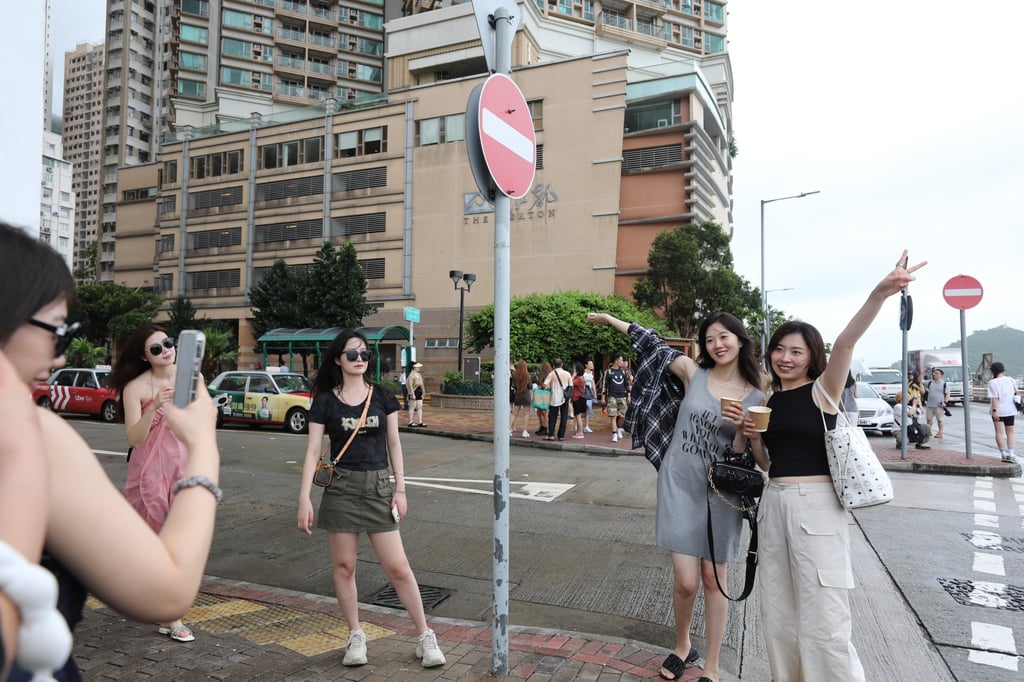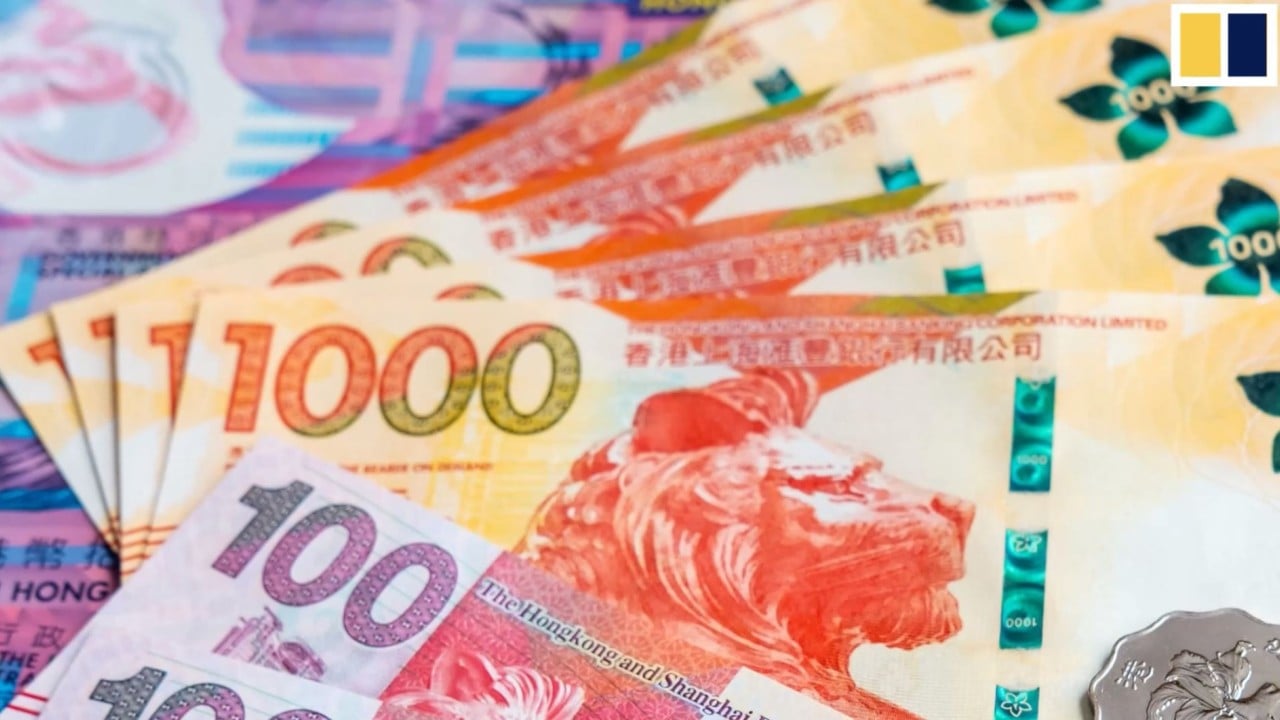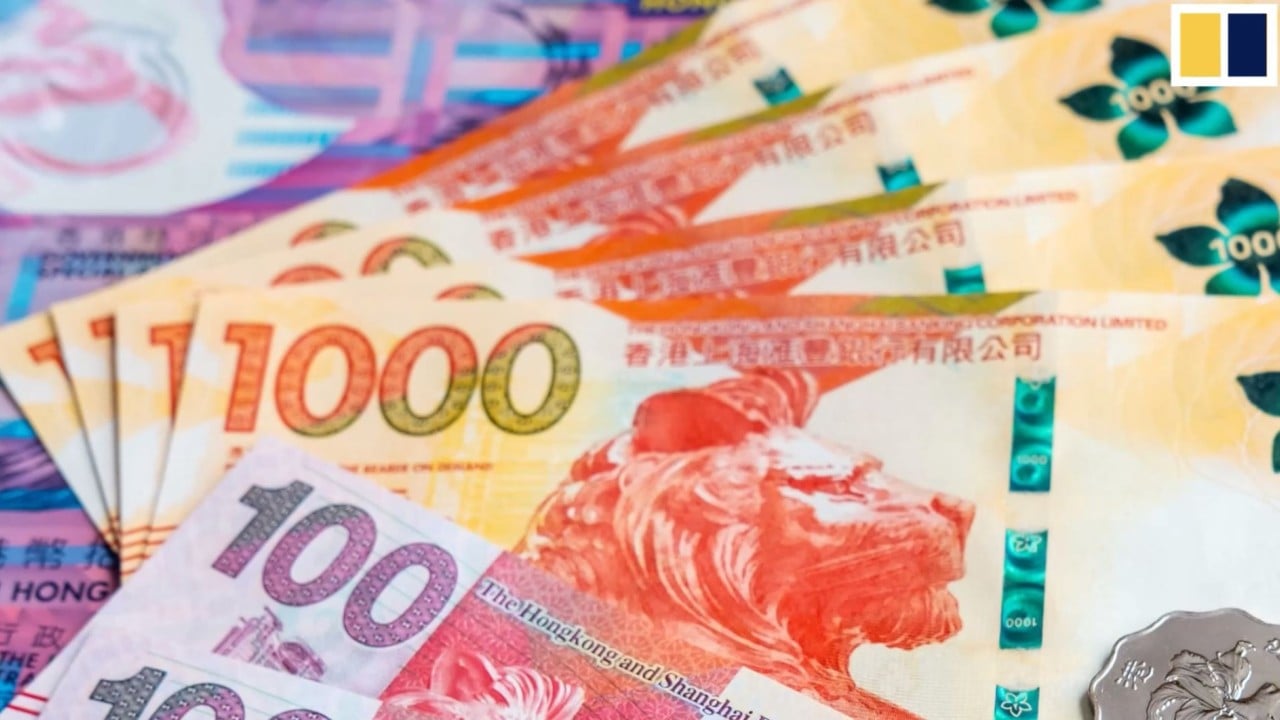Emerging from the ashes of two devastating world wars, the Salzburg Global Seminar was founded in the summer of 1947, at a pivotal moment when the international order was in flux. Recognising the need to foster greater mutual understanding between nations, the organisation’s founders envisioned a platform for open dialogue and exchange across borders.
In an era marked by rising nationalism, ideological polarisation and great-power rivalry, particularly between China and the United States , such platforms are critical to fostering cross-cultural understanding and exploring collaborative approaches to global problems.
The theme of this year’s Salzburg Global Weekend, held from June 21 to 23, was “Looking East: Confronting Assumptions and Exceptions of East and West in an Unstable and Multipolar World”.
As power and influence become more diffused among major players like China, the US, the European Union and rising regional powers, Hong Kong must carefully navigate the evolving multipolar environment to preserve its unique status and continue thriving.
Almost a hundred delegates from 21 countries covering four continents attended the event. I delivered a keynote address titled “Navigating a New Multipolar Landscape: Hong Kong’s Enduring Relevance”.
Over the past few years, I have learned that many people outside Hong Kong have preconceived ideas about the city in the context of China, and that their opinions are influenced and distorted by seemingly persistent, misleading negative Western media narratives.

So, to set the record straight, I introduced basic facts and distinct differences between Hong Kong and mainland China, which surprised and enlightened some audience members. This was a positive step forward.
For example, I mentioned that if any delegate chose to visit Hong Kong, they would only need to book a flight and hotel room as visitors from around 170 countries are granted visa-free access for periods ranging from seven to 90 days. By comparison, only Chinese nationals from 59 cities in mainland China can apply for a travel visa to Hong Kong for a maximum of seven days.
The audience was suprised to learn that, in contrast, Thailand has taken a more open approach to Chinese tourism, offering visa-free entry for all mainland Chinese nationals. Many in the audience questioned the rationale behind controlling the flow of mainland Chinese visitors to Hong Kong.
During the question-and-answer session, one person was quite animated in his critique, citing concerns about people’s safety in Hong Kong following the implementation of Article 23 legislation under Basic Law.
I pointed out that the legislation was drafted under common law practices. The principles of fairness and justice guarantee human rights. Foreign judges continue to sit on Hong Kong’s Court of Final Appeal, a practice uncommon in other countries and different from legal systems in other jurisdictions, including mainland China.
I noted that we also have a different legal system based on British common law and a different currency pegged to the US dollar. Some of this may sound basic, but could help people overseas fully grasp how Hong Kong is part of China yet operates very differently.
Many also wondered why China would want to maintain Hong Kong as a separate system rather than fully integrate it. I explained why this arrangement can continue indefinitely as long as Hong Kong adds value.
In 2022, President Xi Jinping declared that there is “no reason for us to change such a good policy” and that China will “adhere to it in the long run”, underscoring the central government’s commitment to preserving the unique governance model in Hong Kong.
My aim in sharing this perspective was to offer a more holistic, locally grounded view on an often oversimplified or politicised issue.
I was prepared to confront many sceptics in the audience and didn’t necessarily expect to change their views. However, I was happy that many participants thanked me afterwards for providing a local perspective on the situation. I never expected them to agree, but at least they have a more comprehensive picture before making judgments.
The government often appeals to us to focus on Hong Kong’s good stories. However, we should speak about more than just those stories. We should also be honest about our challenges and shortcomings. Being authentic is the best way to convince the international community to look beyond the public perception overseas.
A balanced and nuanced portrayal of Hong Kong’s positive and negative realities can foster a more informed and constructive dialogue. While some in the audience may have harboured scepticism, the fact that many participants expressed gratitude for the local, objective and honest perspective suggests that this approach was appreciated.
Ultimately, by embracing authenticity and honesty, we can better navigate the complex issues facing Hong Kong and meaningfully engage the international community.
Bernard Chan is a Hong Kong businessman and former Executive Council convenor



